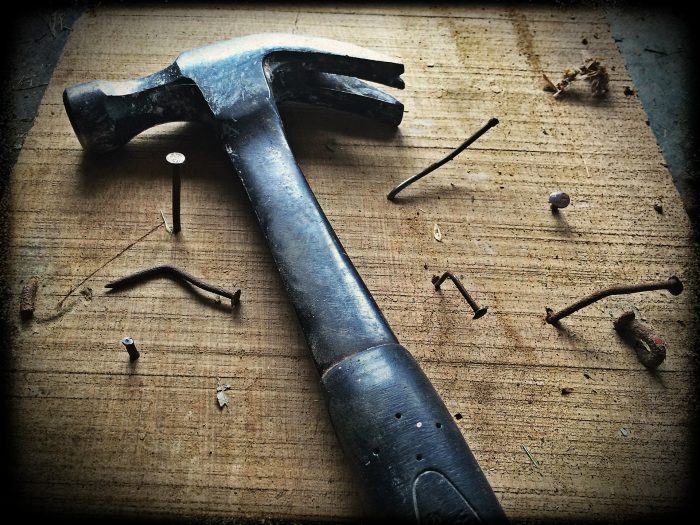I'm not a fan of brutality in modern martial arts practice. Aggression brings unnecessary risks and injury, overvalues intensity over grace, and makes martial art less accessible to the unarmoured (both physically and psychologically).
Wasn't Real Historical Fighting Brutal?
I won't argue that there is no historical precedent for brutal, cruel, and ruthless martial art and even some value to its use in the equally brutal battlefields of medieval and renaissance Europe. Master Fiore (one of the fathers of the tradition we practice) certainly has brutal techniques and commentary in his books. He approaches the realities of his time (15th-century Italy) with directness. Yet, his writing also routinely speaks to the elevation of art and humankind through physical, mental, and emotional development.
For some people, brutality is what makes martial arts "real" or egalitarian (provided you're big enough and strong enough). They feel that in order for it to be a real art or to be a real artist, they must routinely test their mettle against those who care more about landing powerful blows than they care about the long-term health and safety of their sparring or training partners.
Brutality in modern practice can also have a visceral appeal: connecting deeply with your body through pain, grinding out your vulnerability, feeling dominance over another and thus less small. This is heady stuff. I'm not surprised that Cobra Kai has students or that the Dark Side recruits members.
But brutality is a dead-end road with few long-term prospects. Who can stay on top forever? If that's the only way you can feel valid, you're not going to feel valid for long.
A Different and Difficult Path
This is the opposite path of why I pursue martial arts. Martial arts for me are greater than finding the most direct path to be on top.
Martial arts for me are intimate and personal. They are a place to explore the vulnerability of excellence, accept one's weaknesses, and build one's strengths. A place to share the challenging journey of growth with others in a way that supports and sustains health both physical and psychological.
I pursue martial arts because they make me a more physically connected, graceful, and confident person. I love the dance in swordplay: the interplay of blades, the pitting of my skills against a worthy opponent, and the poetry that can come through an extension of yourself through a weapon.
The idea of the art rise above the brutal and base. It challenges us to be more than just another animal.
These are the "noble" arts of defence, and so they call on us to ennoble ourselves and others. To embark on the difficult journey of building our character and our bodies. To develop flexibility, gentleness, strength, care, and grace. To be more like dancers than brawlers.
On this path, one extends their respect from the start, instead of demanding that it be earned first on the mat. You recognize that this is a journey we travel together and that our accomplishments are the gifts given to us by our partners.
Brutality lowers the bar on of martial arts. In the attempt to make it seem equal or more valid by reducing its measure to only rawness, it diminishes the practice by giving it only one end: dominance.
Whereas pursuing the art for the art, for yourself, and for the betterment of those around you, gives everyone the capacity to pursue excellence in a way that never ends.
